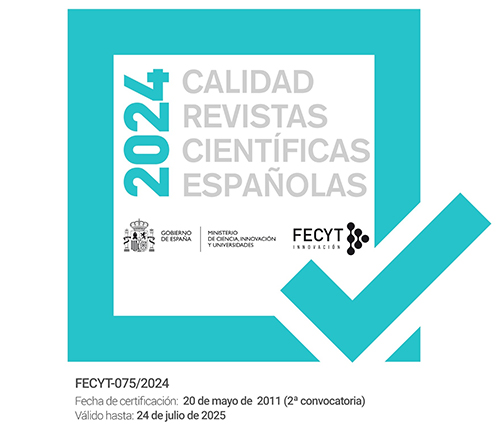Agency in a Deterministic World
DOI:
https://doi.org/10.30827/trif.34370Palabras clave:
determinismo, agencia, aprendizaje condicionado, ambienteResumen
In Determined: A Science of Life Without Free Will, Sapolsky argues that determinism and free will are incompatible, emphasizing that our actions are shaped by genetics, brain chemistry, and environment, not conscious choice. This view challenges traditional ideas of moral responsibility, suggesting that people should not be blamed for actions they couldn't control due to biological and social influences. Despite this, I argue that Sapolsky overlooks a potential space for agency within a deterministic framework. He examines conditioned learning and I believe this opens the door for both individual and collective agency. If behavior can be influenced by external forces, there may be room for us to shape our actions and society through environmental interventions.
Descargas
Citas
Vierkant, Tillmann (2015). Is Willpower Just Another Way of Tying Oneself to the Mast? Review of Philosophy and Psychology 6 (4):779-790. DOI: https://doi.org/10.1007/s13164-014-0198-z
Vierkant, Tillmann (2022). The Tinkering Mind. Oxford, UK: Oxford University Press. DOI: https://doi.org/10.1093/oso/9780192894267.001.0001
Sapolsky, Robert (2023). Determined: a science of life without free will. New York: Penguin Press.
Yatczak, J. (2018) ‘Everyday material engagement: supporting self and personhood in people with Alzheimer’s disease,’ Phenomenology and the Cognitive Sciences, 1-18. DOI: https://doi.org/10.1007/s11097-018-9566-y
Soilemezi, D., Drahota, A., Crossland, J., & Stores, R. (2019). The role of the home environment in dementia care and support: Systematic review of qualitative research. Dementia (London, England), 18(4), 1237–1272. DOI: https://doi.org/10.1177/1471301217692130
Descargas
Publicado
Cómo citar
Número
Sección
Licencia
Derechos de autor 2025 Gloria Andrada

Esta obra está bajo una licencia internacional Creative Commons Atribución-NoComercial 4.0.













